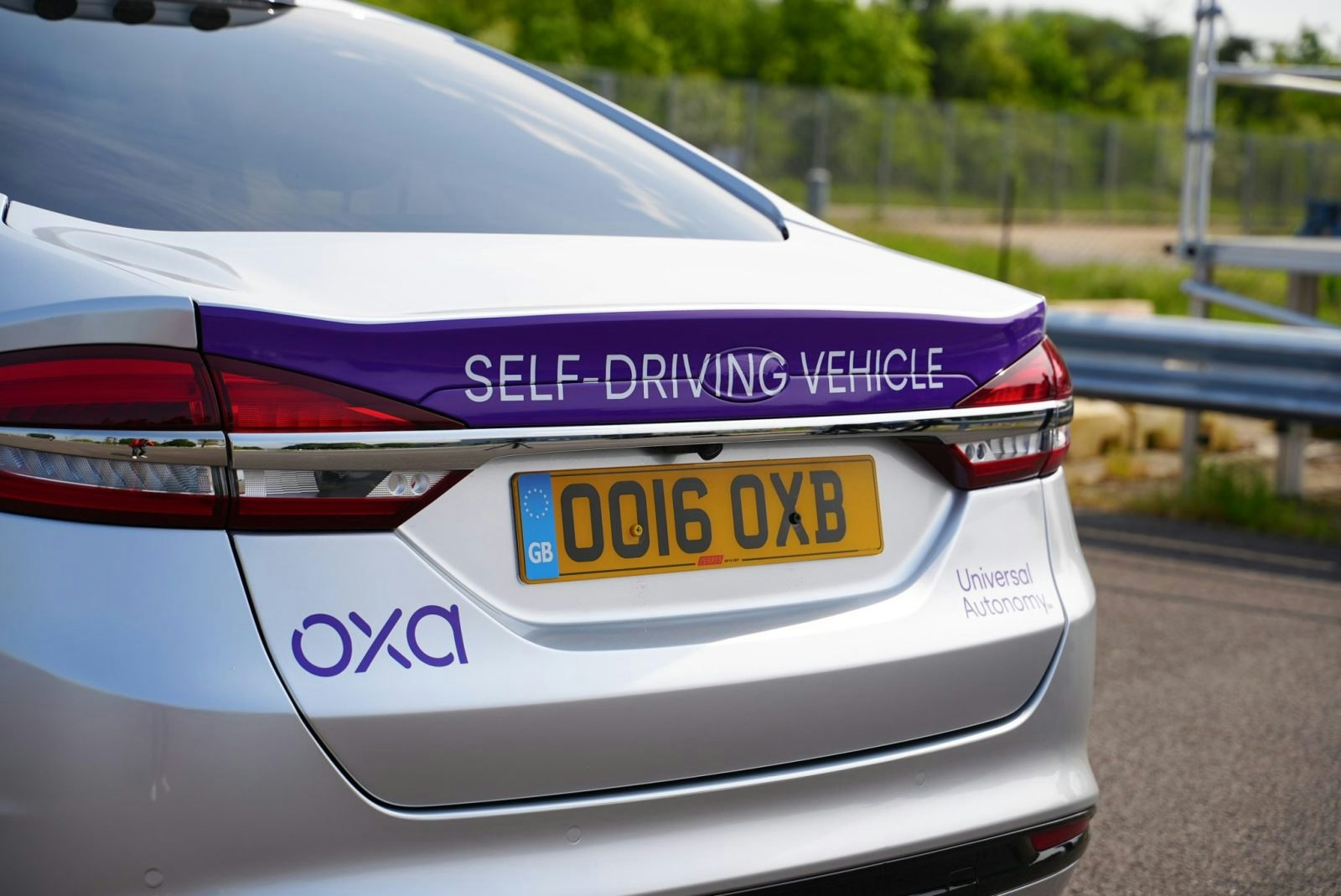Europe is facing a troubling trend: promising pre-seed deeptech entrepreneurs are contemplating relocation to the US and Asia. This exodus, driven by regulatory challenges and risk-averse VC firms, threatens to deprive Europe of its brightest minds and most transformative technologies.
Many remedies have been proposed to help Europe become a more supportive region for innovation. But there is another overlooked shift that makes us optimistic: the rise of two new kinds of VC investors, subject matter experts and “philanthropic GPs”. These VCs should and will play a key role in addressing the "other funding gap" that has beleaguered European deeptech startups.
The right VCs for deeptech founders
As previously highlighted, European VCs have been hesitant to back deeptech companies, often owing to a lack of understanding of the complex science, the fragmented regulatory landscape and the lack of LP support for deeptech cases. This has created an early-stage funding gap for deeptech startups in Europe, making it difficult for innovators to secure the necessary resources to bring their ideas to fruition.
But there’s another argument that there just haven’t been the right VCs out there for early-stage deeptech founders in Europe. That is starting to change.
The rise of subject matter expert VCs
The first type of VCs hoping to close the gap are subject matter expert VCs — investors who have specific knowledge about a sector like AI, healthtech or biology. They are currently rare in Europe but more are emerging.
These investors possess deep knowledge of one or two technologies that they a) understand, b) are exposed to and c) believe to be crucial for future generations. Typically scientists or former operators in tech-driven companies, not exclusively venture-backed, these VCs offer truly more than just capital. Their greatest contribution is their continuous sparring in the early stages of the entrepreneurial journey and their ability to balance the roles of scientist and VC, providing vital motivation and support for technical founders.
We believe that investors with deep knowledge and networks in specific industries, technologies and regulatory frameworks will be better equipped to evaluate the risks and opportunities associated with deeptech ventures
Subject matter VCs also include VCs who have specific knowledge about a certain function — like sales or marketing — at a company. Many of these investors are now founding hyper-focused, micro VCs investing in deeptech.
This “subject-matterisation of venture capital” is in fact not a novel phenomenon. It rather mimics the early investment landscape in pharma and biotech, where seasoned industry experts created what we nowadays call life science investing. From closed-door conversations, it's clear that this approach is increasingly being emulated in the European deeptech ecosystem, which is taking ample notes from the early years of life science investing.
We believe that investors with deep knowledge and networks in specific industries, technologies and regulatory frameworks will be better equipped to evaluate the risks and opportunities associated with deeptech ventures, making them invaluable partners for entrepreneurs navigating the challenging European landscape. Some of those will soon come out of stealth with their own funds, while some established firms will add subject matter experts to their portfolio of managing partners or set up an advisory board with deep expertise.
Philanthropic GPs
The second type of investor that will be key for the evolution of Europe’s deeptech ecosystem are “philanthropic GPs” — successful generalist VCs who cut their teeth at larger funds and are now passionate about cracking the deeptech venture ecosystem.
Motivated by a sense of philanthropy rather than financial gains, these investors bring boldness and a "can do" mentality to the table. Their successful track records and investment theses make them role models for deeptech founders and other GPs who have traditionally invested in general tech.
By bridging the funding gap, they can foster innovation and keep Europe's brightest minds at home, contributing to a more prosperous and technologically advanced European future
Many LPs are still hesitant about deeptech, but this might just be about to change. Micro VCs that have already built a track record and a network, along with philanthropic GPs passionate about deeptech, may be able to convince conservative LPs to change their tune.
The rise of these two types of VCs, with their unique blend of technical expertise, industry insight and bold investment strategies, may hold the key to unlocking the full potential of Europe's deeptech ecosystem. By bridging the funding gap, they can foster innovation and keep Europe's brightest minds at home, contributing to a more prosperous and technologically advanced European future.
Cihat Cengiz is VC investor at Dieter von Holtzbrinck Ventures. Sven Jungmann is co-founder and CEO of Halitus. The thoughts on this article are thoughts of the authors themselves and do not necessarily represent the thoughts, strategies or opinions of the companies the authors are working for.


